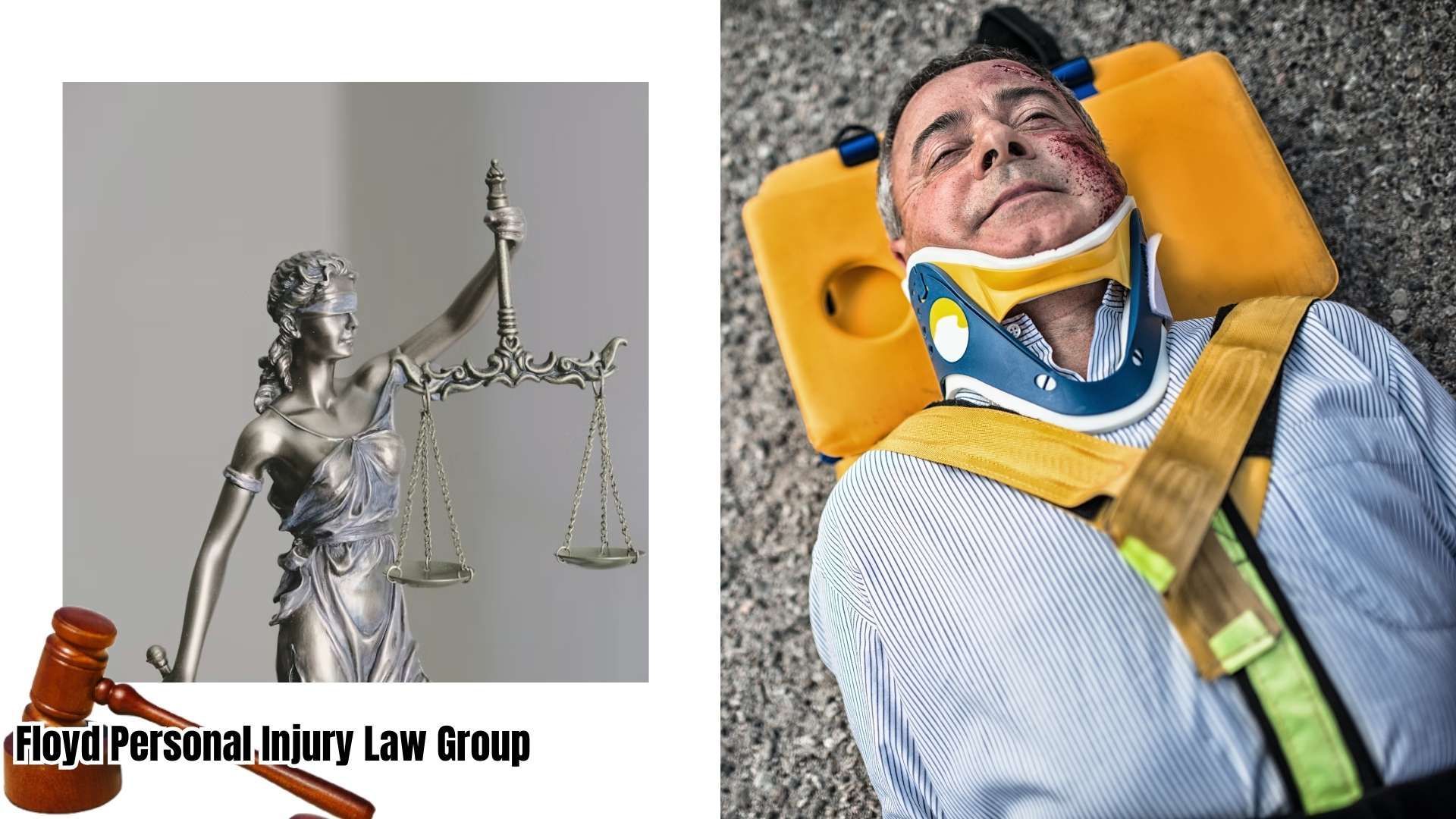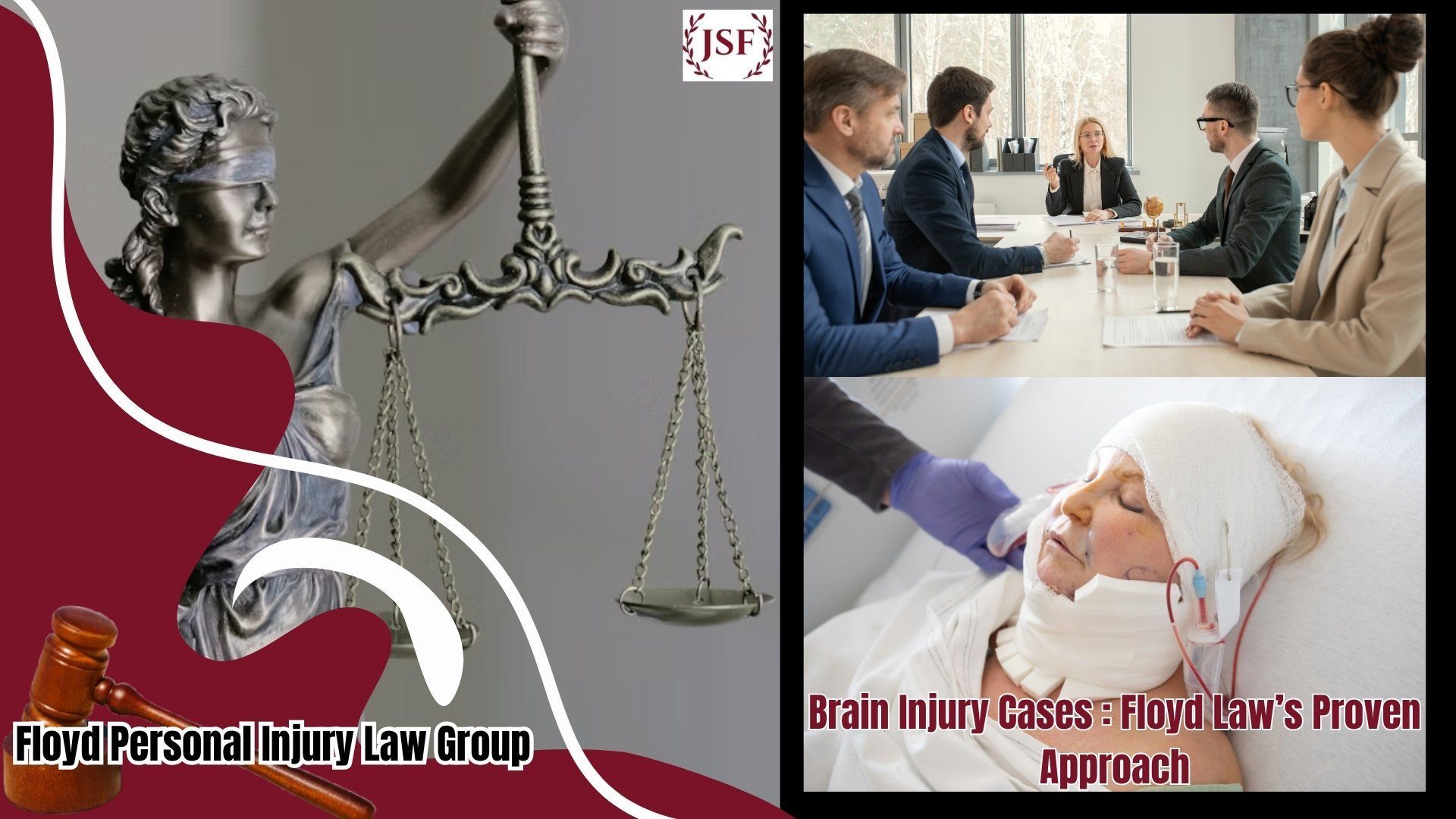Car Accident Injuries: Common Types and Long-Term Effects
Car accidents can cause a wide range of injuries, from minor cuts and bruises to severe, life-changing conditions. While some injuries heal with time and treatment, others can result in long-term effects that impact a person’s quality of life. Knowing the most common car accident injuries and their potential consequences can help you understand the importance of seeking medical attention and legal representation after an accident.
In this blog post, we’ll explore some of the most common injuries sustained in car accidents and discuss their symptoms, treatment options, and potential long-term effects.
1. Whiplash:
Whiplash is one of the most common injuries suffered in rear-end collisions. It occurs when the head is suddenly jerked forward and backward, causing strain to the neck’s soft tissues.
- Symptoms: Neck pain and stiffness, headaches, dizziness, and shoulder or arm pain. Symptoms may not appear immediately after the accident, sometimes taking days or even weeks to manifest.
- Treatment: Most cases of whiplash are treated with rest, ice, physical therapy, and over-the-counter pain relievers. In more severe cases, prescription medications or chiropractic care may be required.
- Long-Term Effects: While most people recover from whiplash within a few weeks, some may experience chronic pain or reduced mobility in the neck and shoulders, especially if the injury was severe or not properly treated.
2. Traumatic Brain Injury (TBI):
Traumatic brain injuries (TBI) can range from mild concussions to more severe brain damage. These injuries are often caused by a blow to the head or violent shaking during a car accident. TBIs are particularly concerning because even a mild concussion can lead to significant long-term effects.
- Symptoms: Depending on the severity, TBI symptoms can include headaches, confusion, dizziness, memory loss, difficulty concentrating, mood changes, and loss of consciousness.
- Treatment: Mild TBIs, such as concussions, may only require rest and monitoring, but severe TBIs often require surgery, rehabilitation, and long-term medical care.
- Long-Term Effects: TBI can lead to permanent cognitive impairments, memory loss, mood swings, and physical disabilities. In severe cases, victims may need ongoing therapy and support for years after the accident.
3. Spinal Cord Injuries:
Spinal cord injuries are among the most serious injuries that can result from a car accident. These injuries occur when the spinal cord is damaged by a sudden impact, leading to partial or complete loss of function below the point of injury.
- Symptoms: Symptoms vary based on the location and severity of the injury but can include numbness, weakness, loss of motor function, and paralysis.
- Treatment: Immediate medical intervention is critical for spinal cord injuries. Treatment may involve surgery, medication to reduce swelling, physical therapy, and in some cases, assistive devices like wheelchairs or braces.
- Long-Term Effects: Spinal cord injuries can result in permanent paralysis (paraplegia or quadriplegia), loss of sensation, chronic pain, and reduced mobility. These injuries often require lifelong care and rehabilitation, and they can significantly impact a person’s quality of life and independence.
4. Broken Bones and Fractures:
Broken bones are common in car accidents, particularly in high-impact collisions. The force of the accident can cause fractures in the arms, legs, ribs, or other parts of the body.
- Symptoms: Severe pain, swelling, bruising, and difficulty moving the affected area are common signs of a fracture.
- Treatment: Treatment typically involves setting the bone with a cast or brace, but severe fractures may require surgery, such as the insertion of plates or screws to stabilize the bone.
- Long-Term Effects: While most fractures heal completely with proper treatment, some victims may experience long-term complications like chronic pain, arthritis, or reduced range of motion.
5. Internal Injuries:
Car accidents can also cause internal injuries, such as damage to internal organs, internal bleeding, or punctured lungs. These injuries are often not immediately visible, which makes them particularly dangerous.
- Symptoms: Symptoms of internal injuries can include abdominal pain, dizziness, shortness of breath, and deep bruising. In some cases, there may be no visible signs of injury at all.
- Treatment: Immediate medical attention is required for internal injuries. Treatment may involve surgery, blood transfusions, and other emergency procedures to stop internal bleeding or repair organ damage.
- Long-Term Effects: Internal injuries can lead to long-term health complications, such as organ dysfunction, chronic pain, or respiratory problems, depending on the severity and location of the injury.
6. Soft Tissue Injuries:
Soft tissue injuries refer to damage to muscles, ligaments, and tendons. These injuries are common in car accidents and can cause significant pain and discomfort.
- Symptoms: Pain, swelling, bruising, and limited mobility in the affected area.
- Treatment: Rest, ice, compression, and elevation (RICE) are the first line of treatment for soft tissue injuries, but more severe cases may require physical therapy or even surgery.
- Long-Term Effects:
While most soft tissue injuries heal over time, some may result in lingering pain, stiffness, or reduced range of motion, particularly if the injury was severe or not treated properly.
Injured in a Car Accident? Contact Us Today!
If you’ve suffered a car accident and need legal assistance, our experienced attorneys at Floyd Personal Injury Law Group are here to help. Schedule your free consultation today to explore your options and seek the compensation you deserve.











